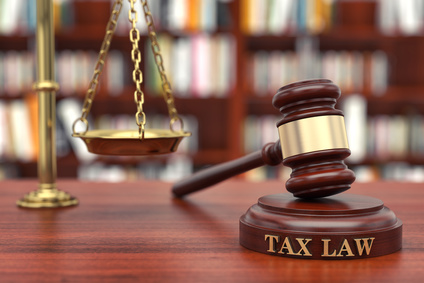South Dakota v. Wayfair Inc. - What It Means for Small Businesses
On Thursday June 21st, the Supreme Court ruled in favor of the states, in the case South Dakota v. Wayfair Inc. in a 5-4 decision. The court approved the South Dakota state law that requires online retailers, even those without a physical presence in the state, to collect sales tax.
South Dakota claimed it is losing out on roughly $50 million of sales tax revenue per year. The Supreme Court case overturns the lower court’s previous ruling in Quill Corporation v. North Dakota that stated that the interstate commerce clause in the Constitution prevents states from requiring businesses to collect sales tax, unless they have a substantial connection (generally a physical presence) to that state.
In South Dakota, the law states that if businesses have more than $100,000 in annual sales in the state or they complete more than 200 transactions in the current or previous calendar year, then they will be subject to a 4.5% sales tax. After Thursday’s decision the state will likely start collecting the tax in the next 30 to 90 days. More than 40 other states asked the Supreme Court to rule in favor of South Dakota, so they will likely enact similar sales tax laws in the coming months.
Luckily South Dakota’s law exempts smaller retailers. Other states could theoretically enact laws requiring even small businesses to collect sales tax, though it is likely other states will follow South Dakota’s lead and exempt small businesses.
The requirements could make it challenging for small businesses because it is hard to know with absolute certainty whether the business will hit the threshold. We are recommending that our clients start charging sales tax, when they begin to get close to hitting the threshold in the previous year. Every case is different and we recommend consulting your tax advisor to determine the best course of action for your business.
There are over 10,000 state and local sales tax jurisdictions in the US, each with it's own laws on what is subject to tax and the tax rate. As tax laws are enacted, clarification will be needed.

